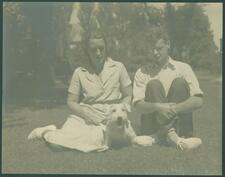
Magdalen Flexner

Flora Benenson Solomon
Flora Benenson Solomon’s deep commitments to welfare and Zionism traversed geographical boundaries and social groups. From her efforts to improve the lives of Jewish and Arab communities in Palestine to the her work on behalf of garment workers in England, Solomon maintained an unwavering commitment to Zionism, which acted as a sustainer of Jewish identity in England.
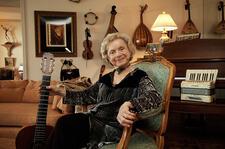
Flory Jagoda
Flory Jagoda is a singer, musician, and composer who has promulgated and enriched the Sephardic and Ladino (Judeo-Spanish) musical and folkloric tradition in the United States. Born in 1923, in Sarajevo, Bosnia (formerly Yugoslavia), she managed to leave Nazi-occupied Yugoslavia and avoid the sad fate of the extended family that nurtured her musical talent and Sephardic heritage. The popular Hanukah song, Ocho Kandelikas, is one of her many original compositions in Judeo-Spanish.
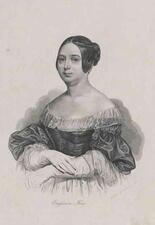
Eugénie Foa
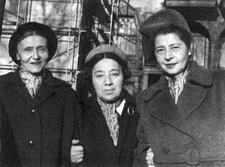
Dvoyre Fogel
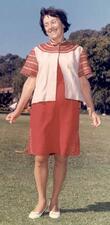
Folk Dance, Israeli
Folk dances in Israel are a staple of the national and cultural consciousness and were largely created and performed by women. The halutzim's festival pageants, combined with dance traditions brought to Israel from the Diaspora, led to the creation of many beautiful folk dances. Today there are over three thousand Israeli folk dances.
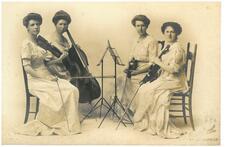
Vera Fonaroff
Vera Fonaroff was an extraordinary violinist and member of the all-female Olive Mead Quartet. Fonaroff immigrated to America from Kiev at age seven and debuted as a soloist with the Metropolitan Opera House Orchestra at age nine. She toured the world performing with the Olive Mead Quartet and as a soloist and eventually became the director of the violin at the New York Institute of Musical Art (now the Juilliard School).
Sarah Feiga Meinkin Foner
Born into a family that encouraged her love of Jewish learning, Sarah Foner asked to learn Hebrew when she was only five years old and published her first novel in her twenties. During her lengthy writing career, Foner’s publications often reflected her interest in Jewish and women’s issues and centered notably independent female characters.
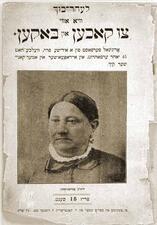
Food in the United States
Food and foodways are a critically important area of documenting and deciphering the evolving experience of American Jewish women from the earliest days of immigration to the present. Food is a lens into American Jewish women’s worlds of family, religion, identity, work, political action, entrepreneurship, and more as they have encountered the forces of assimilation, anti-Semitism, systemic racism, sexism, changing consumer economies, and the long women’s movement.
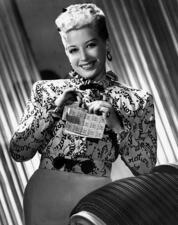
Helen Forrest
Despite an unhappy childhood, Helen Forrest achieved great success as a singer in several big bands. She was one of the first singers in the big band era whose vocals were featured throughout a full band arrangement, and one of the only women vocalists who had the courage to ask for individualized arrangements.
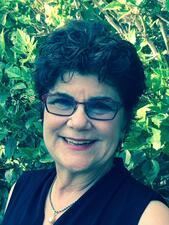
Karen Fox
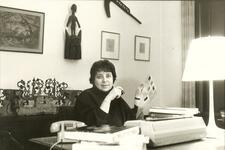
Sally Fox
Selma Fraiberg
Selma Fraiberg was a psychoanalyst, author, and pioneer in the field of infant psychiatry. Her classic parenting book The Magic Years was the result of her years of research in the field of social work and her experiences as a stay-at-home mother.
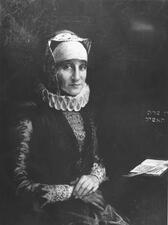
Early Modern France
Until the Revolution and their acceptance as citizens, most Jews in France lived in officially recognized autonomous communities in the southwest and northeast. Within these communities, they established charitable institutions, elected a governing body, defined the curriculum of their schools, registered their births, marriages, and deaths, and adjudicated cases in their own courts.
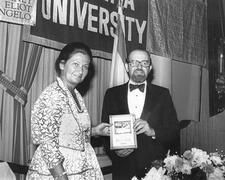
Modern France
From the French Revolution to the twenty-first century, Jewish women in France have undergone radical legal, political, cultural, and religious transformations. Seizing upon the increasing number of opportunities available to them, both as Jews and as women, Jewish women have left their marks on all areas of French society.
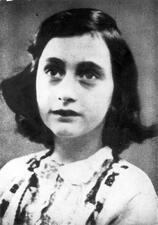
Anne Frank
Anne Frank is famous for the diary she wrote during the Holocaust, in which she describes her life while hiding in an Amsterdam attic. She was caught and perished in Bergen-Belsen. Her diary, which is often part of school curricula, has become one of the central symbols of the Holocaust and human suffering.
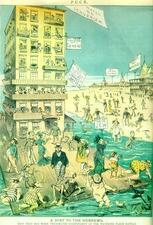
Bertha Rayner Frank
Lee Weiss Frank
Lee Weiss Frank worked as a reporter and radio show host, was involved in the Women’s International League for Peace, and was a prominent public figure in Philadelphia. Her legacy extends beyond her community work and journalism, as she was a prolific artist painting in oil and in watercolor.
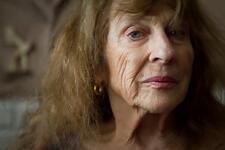
Mary Frank.
Mary Frank
Mary Frank was a sculptor and painter inspired by dance, photography, and the moving body. Born in London, Frank immigrated to the United States in the 1940s and danced with Martha Graham and studied art at the American Art School in New York. Frank imparts a sense of the timelessness and her work, and her sculptures have been described as sensual, sublime, poetic and profoundly moving, placing her among the foremost figurative artists of our time.
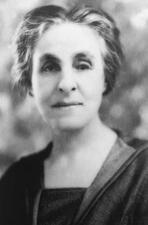
Ray Frank
While her career was short-lived, Ray Frank remains significant as the first Jewish woman to preach from a pulpit in the United States. Her speeches often encouraged communal cooperation and tried to heal congregational disputes, and she notably gave an address at the first Jewish Women’s Congress in 1893.
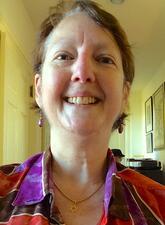
Ellen Frankel
Rose Franken
Rose Franken was a celebrated Broadway playwright and director, a Hollywood screenwriter, and a popular novelist whose fiction touched a sympathetic chord in American women. After much success as both a playwright and a novelist, she ventured into more problematic subject matter, exploring antisemitism and homophobia in her works.
Käte Frankenthal
A stubborn nonconformist from an early age, Käte Frankenthal was a physician and politician active in Germany’s Social Democratic Party. While running her own successful private practice, she was active in sex reform legislation and played a prominent role in the Federation of Women Physicians.
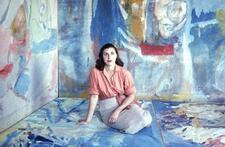
Helen Frankenthaler
Helen Frankenthaler pioneered a new style of abstract expressionist painting that earned her the respect of the art world and inspired other artists. Her constant high achievement ranks her as one of the most important contributors to the history of postwar American painting. Frankenthaler’s work has been exhibited in galleries and museums around the world.
Henrietta Franklin
Henrietta Franklin (née Montagu) was a leading British educationist and suffragist and a supporter the Liberal Judaism movement, pioneered by her sister Lily Montagu.


